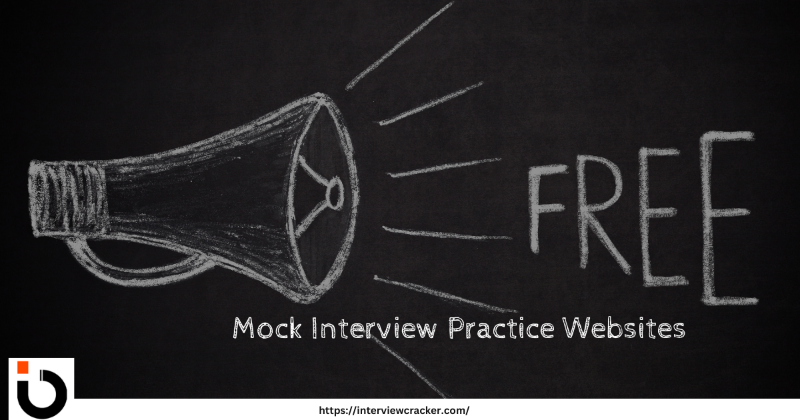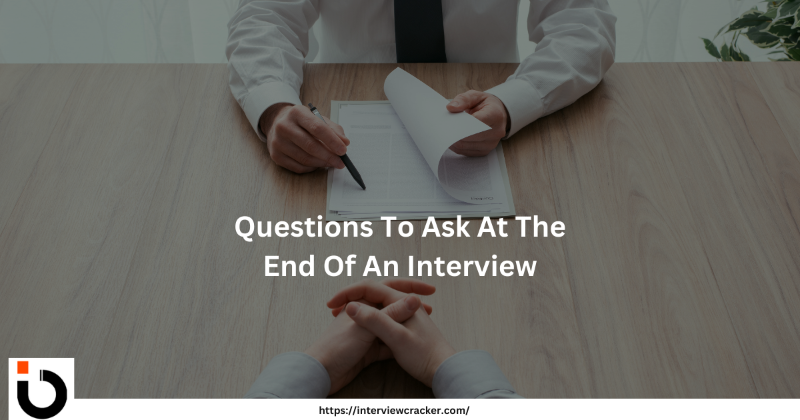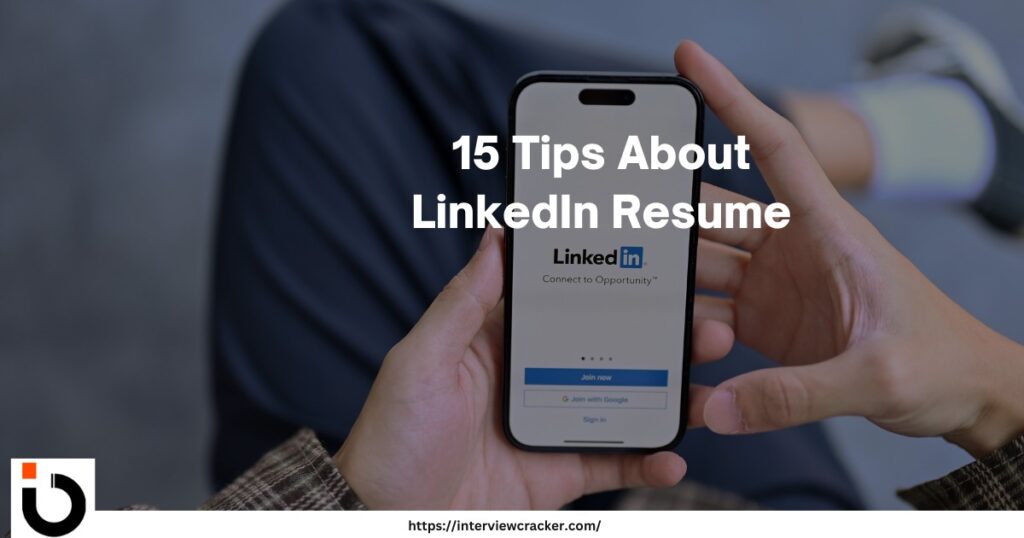A well-crafted cover letter can make a significant difference in your job application process. It complements your resume, showcasing your personality, enthusiasm, and suitability for the role. In this comprehensive guide, we’ll address common questions about cover letters, and provide templates, examples, and expert advice to help you write an impactful cover letter, whether you’re a fresher or a seasoned professional.
Q1: What is a Cover Letter, and Why is it Important?
A1: A cover letter is a one-page document that accompanies your resume when applying for a job. It introduces you to the employer, highlights your qualifications, and expresses your interest in the position. It’s crucial because it provides a personalized touch to your application, helping you stand out from other candidates and demonstrating your motivation for the job.
A well-crafted cover letter serves several essential purposes:
-
Introduces You: It introduces you to the hiring manager or employer and provides context for your application.
-
Showcases Your Fit: It explains why you are the ideal candidate for the position and how your skills and experiences align with the job requirements.
-
Demonstrates Enthusiasm: It conveys your enthusiasm and interest in the company and the role, which can make a positive impression on potential employers.
-
Addresses Gaps or Unique Situations: If you have employment gaps, are changing careers, or have unique circumstances, a cover letter is an opportunity to address these situations and provide context.
In essence, a well-written cover letter can significantly increase your chances of being called for an interview, where you can further showcase your qualifications.
Q2: How do I write a cover letter?
A2: Writing a compelling cover letter involves several key steps:
Step 1: Research and Planning:
-
Research the Company: Understand the company’s culture, values, products, and mission.
-
Analyze the Job Posting: Carefully review the job description to identify the required qualifications and skills.
-
Identify Your Unique Selling Points: Determine what sets you apart from other applicants, such as specific experiences or skills.
Step 2: Structure Your Cover Letter:
-
Use a Professional Format: Follow a formal business letter format, including your contact information, the date, the recipient’s name and address, a salutation, body paragraphs, and a closing.
Step 3: Write Your Cover Letter:
Opening Paragraph:
-
Start with a strong opening sentence that mentions the specific position you are applying for.
-
Explain how you learned about the job opportunity, whether through a job posting, company website, or referral.
Body Paragraphs:
-
Highlight your qualifications, skills, and experiences that directly relate to the job requirements.
-
Provide specific examples of your achievements and how they align with the position.
-
Use keywords from the job posting to demonstrate that you meet their criteria.
-
Avoid restating your resume; instead, elaborate on key points and offer insights into your achievements.
Customization:
-
Customize your cover letter for each job application. Mention the company’s name, the specific job title, and any unique details about the company or role that you appreciate.
-
Show your enthusiasm for the company and position by demonstrating your knowledge of their industry and mission.
Closing Paragraph:
-
Express your enthusiasm for the role and the company.
-
Request an interview and provide your availability.
-
Thank the employer for considering your application.
Step 4: Proofread and Edit:
-
Proofread your cover letter carefully to eliminate grammatical errors, typos, and awkward phrasing.
-
Edit for clarity and conciseness. Aim for a one-page length.
Step 5: Finalize and Send:
-
Save your cover letter as a PDF or Word document with a professional file name.
-
Attach it to your email or online application, following the employer’s submission instructions.
 Cover letter facts
Cover letter facts
Q3: How to Get Free Cover Letter Template?
A3: Here’s a more detailed cover letter template that you can use as a foundation:
[Your Name]
[Your Address]
[City, State, ZIP Code]
[Your Email Address]
[Your Phone Number]
[Today’s Date]
[Employer’s Name]
[Company Name]
[Company Address]
[City, State, ZIP Code]
Dear [Employer’s Name or Hiring Manager’s Name],
[Opening Paragraph: Express your interest in the position and briefly mention where you found the job posting. Show your enthusiasm for the company and role.]
I am writing to apply for the [Position Name] position at [Company Name], as advertised on [Job Board/Company Website]. I am excited about the opportunity to contribute my skills and passion to your team.
[Second Paragraph: Highlight your qualifications, skills, and experiences that align with the job requirements. Be specific and provide examples.]
During my academic journey and professional experiences, I have developed a strong foundation in [Relevant Skills]. For example, while working as [Previous Job Title] at [Previous Company], I [specific achievement or responsibility]. These experiences have equipped me with the expertise necessary to excel in the [Position Name] role at [Company Name].
[Third Paragraph: Explain why you want to work for this company and how your skills can contribute to their success.]
I am particularly drawn to [Company Name] because of its commitment to [Company Values or Initiatives]. Your work in [Company’s Relevant Industry] aligns with my passion for [Relevant Passion or Interest], and I am eager to join your team in achieving [Company Goals or Initiatives].
[Closing Paragraph: Express your enthusiasm, thank the employer for considering your application, and indicate your desire for an interview.]
Thank you for considering my application. I am enthusiastic about the possibility of joining [Company Name] and contributing to your mission. I look forward to the opportunity for an interview to discuss my qualifications further.
Sincerely,
[Your Name]
[Your LinkedIn Profile (optional)]
[Additional Contact Information (optional)]
Remember that this template serves as a guideline. Customize it to match your unique qualifications and the specific job you’re applying for.
Q4: How to Write a Perfect Cover Letter Examples for Freshers? | Cover Letter For Job Fresher
A4: Here’s a detailed cover letter example for a fresher:
[Your Name]
[Your Address]
[City, State, ZIP Code]
[Your Email Address]
[Your Phone Number]
[Today’s Date]
[Hiring Manager’s Name]
[Company Name]
[Company Address]
[City, State, ZIP Code]
Dear [Hiring Manager’s Name],
I am writing to express my strong interest in the [Position Name] position at [Company Name], as advertised on [Job Board/Company Website]. As a recent graduate with a degree in [Your Degree], I am eager to begin my career in [Relevant Industry].
During my academic journey, I developed a strong foundation in [Relevant Skills], and I completed internships at [Internship Company] where I gained hands-on experience in [Specific Relevant Experience]. These experiences have equipped me with the skills necessary to excel in the [Position Name] role at [Company Name].
I am particularly drawn to [Company Name] because of its commitment to [Company Values or Initiatives], and I am excited about the opportunity to contribute to your team’s success.
Thank you for considering my application. I am enthusiastic about the possibility of joining [Company Name] and contributing to your mission. I look forward to the opportunity for an interview to discuss my qualifications further.
Sincerely,
[Your Name]
[Your LinkedIn Profile (optional)]
[Additional Contact Information (optional)]
Feel free to adapt this example to your unique qualifications and the job you’re applying for.
Q5: How can I make my cover letter stand out as a fresher?
A5: Making your cover letter stand out as a fresher can be achieved through the following strategies:
-
Emphasize Your Education: Highlight your academic achievements, relevant coursework, and any honors or awards you received.
-
Showcase Internships and Projects: Discuss internships, volunteer work, or personal projects that demonstrate your practical skills and eagerness to learn.
-
Tailor Your Skills: Highlight soft skills such as adaptability, teamwork, communication, and problem-solving. These skills are valuable in any role.
-
Express Enthusiasm: Use your cover letter to convey your genuine interest in the company and the position. Mention specific aspects of the company that excite you.
-
Customize Each Application: Customize your cover letter for each job application to demonstrate your alignment with the job requirements and company culture.
-
Seek Feedback: Ask mentors, professors, or career advisors for feedback on your cover letter to ensure it effectively represents your qualifications and enthusiasm.
Q6: Should I include my LinkedIn profile or additional contact information in my cover letter?
A6: Including your LinkedIn profile or additional contact information in your cover letter is optional but can be beneficial. Here’s when and how to do it:
-
LinkedIn Profile: If your LinkedIn profile is complete and professional, consider including it in your cover letter. It allows employers to learn more about your professional background, skills, and endorsements. Place it at the end of your cover letter, typically beneath your signature.
-
Additional Contact Information: If you have alternative ways to be reached, such as a secondary email address or a phone number that you check regularly, you can provide this information. However, ensure that the additional contact information is professional and regularly monitored.
Including these details can make it easier for employers to contact you if they decide to move forward with your application.
Q7: How should I address a cover letter if I don’t know the hiring manager’s name?
A7: If you don’t know the hiring manager’s name, it’s best to use a generic salutation. Here are some common salutations you can use:
-
“Dear Hiring Manager,”
-
“Dear [Company Name] Hiring Team,”
-
“To Whom It May Concern,” (Use this as a last resort, as it’s less personal.)
While addressing the hiring manager by name is ideal, these alternatives are acceptable when you don’t have access to the specific name.
Q8: Can a cover letter help me address employment gaps or career changes?
A8: Yes, a well-crafted cover letter can be a valuable tool for addressing employment gaps or career changes. Here’s how:
-
Employment Gaps: In your cover letter, briefly mention the reason for any employment gaps and focus on how you used that time productively. For example, you can explain that you took time off to care for a family member or pursued additional education or training.
-
Career Changes: When transitioning to a new career, emphasize transferable skills and experiences that make you a suitable candidate for the new role. Explain your motivation for making the change and how your background uniquely positions you for success in the new field.
By proactively addressing these aspects in your cover letter, you demonstrate transparency and a willingness to discuss your career journey with potential employers.
Q9: Should I send a cover letter with every job application, even if it’s not required?
A9: It’s a good practice to send a cover letter with every job application, even if it’s not explicitly required. A well-crafted cover letter can set you apart from other applicants and showcase your enthusiasm for the position. It also provides an opportunity to tailor your application to the specific job and company, demonstrating that you’ve taken the time to research and understand their needs.
In cases where a job posting explicitly states that a cover letter is optional, it’s still advisable to include one unless you have a strong reason not to.
Q10: How do I know if my cover letter is effective?
A10: To assess the effectiveness of your cover letter, consider the following:
-
Relevance: Does your cover letter directly address the job requirements and company’s needs?
-
Clarity: Is your cover letter well-organized, free of grammatical errors, and concise?
-
Engagement: Does your cover letter captivate the reader’s attention and express your enthusiasm for the role?
-
Alignment: Does your cover letter align with your resume in terms of experiences, skills, and qualifications?
-
Personalization: Is your cover letter customized for each job application?
Seek feedback from trusted individuals, such as mentors or career advisors, to gain additional insights into the effectiveness of your cover letter. Additionally, tracking your job application success rates can help you refine your cover letter-writing skills over time.
Conclusion:
Crafting an effective cover letter is a valuable skill that can enhance your job search success. By following the steps outlined in this comprehensive guide, customizing your cover letters, and seeking feedback, you can create compelling cover letters that leave a lasting impression on potential employers. Remember that a well-written cover letter can be the key to unlocking exciting career opportunities.
Apply for your dream job here.






